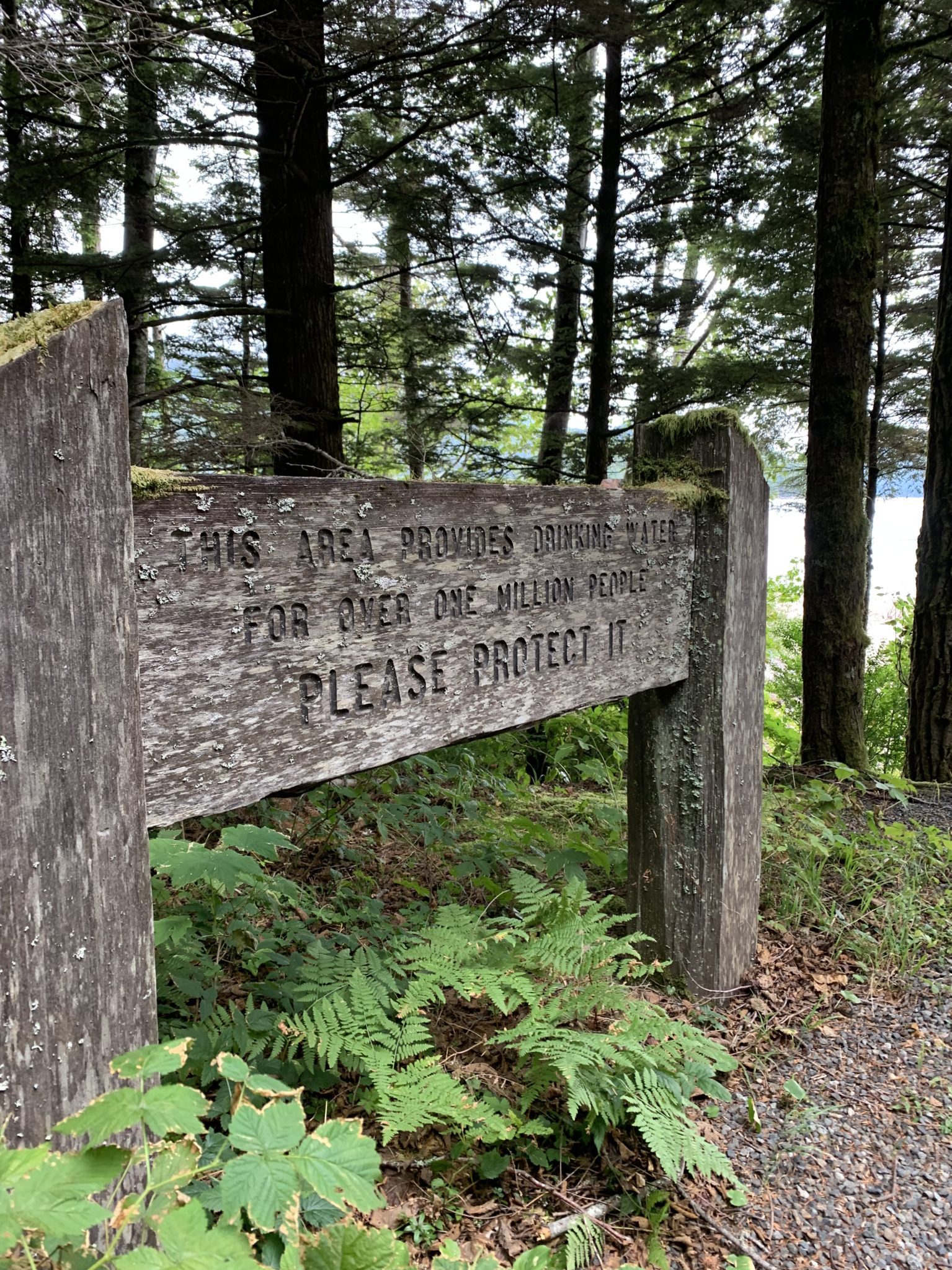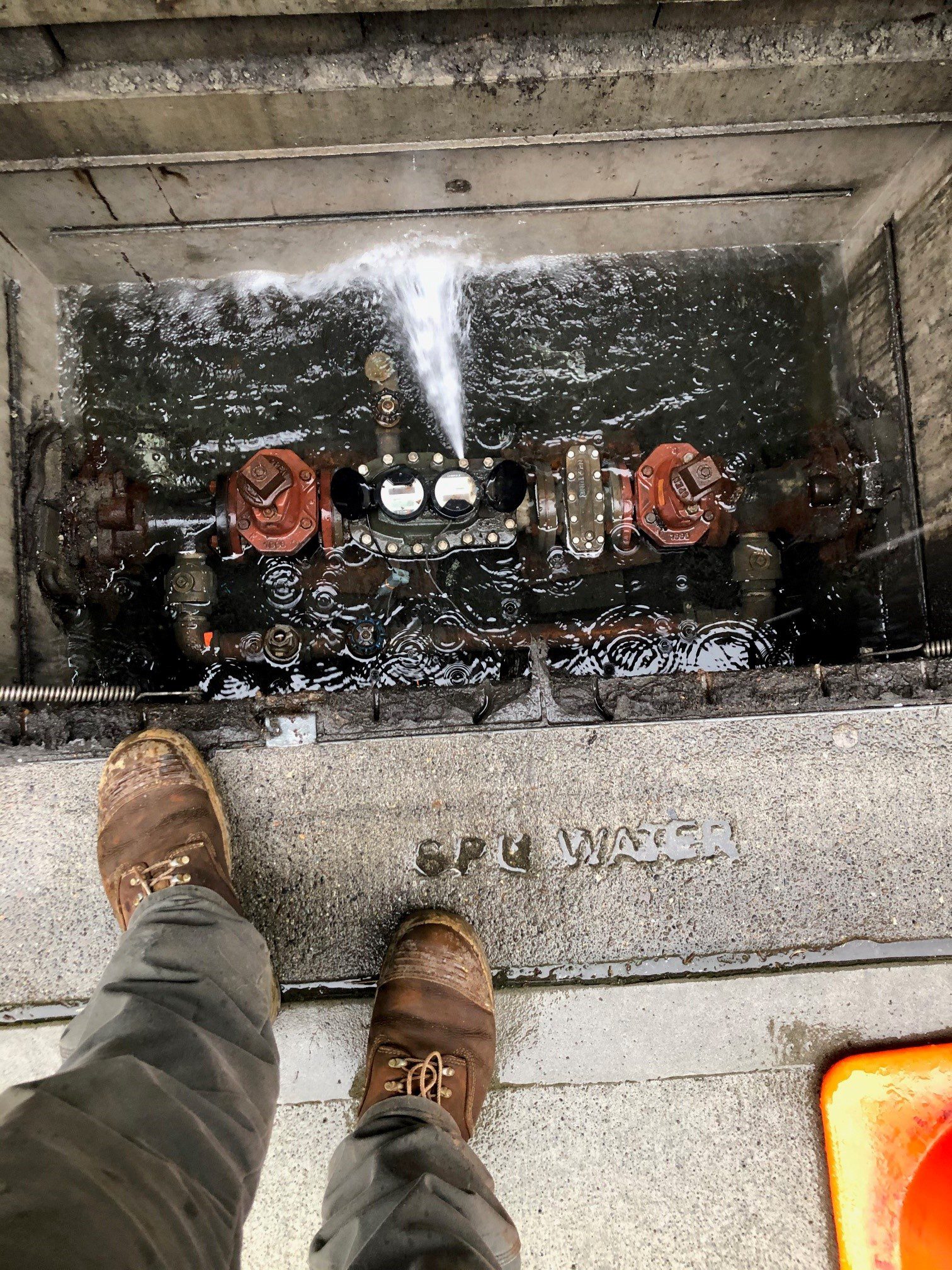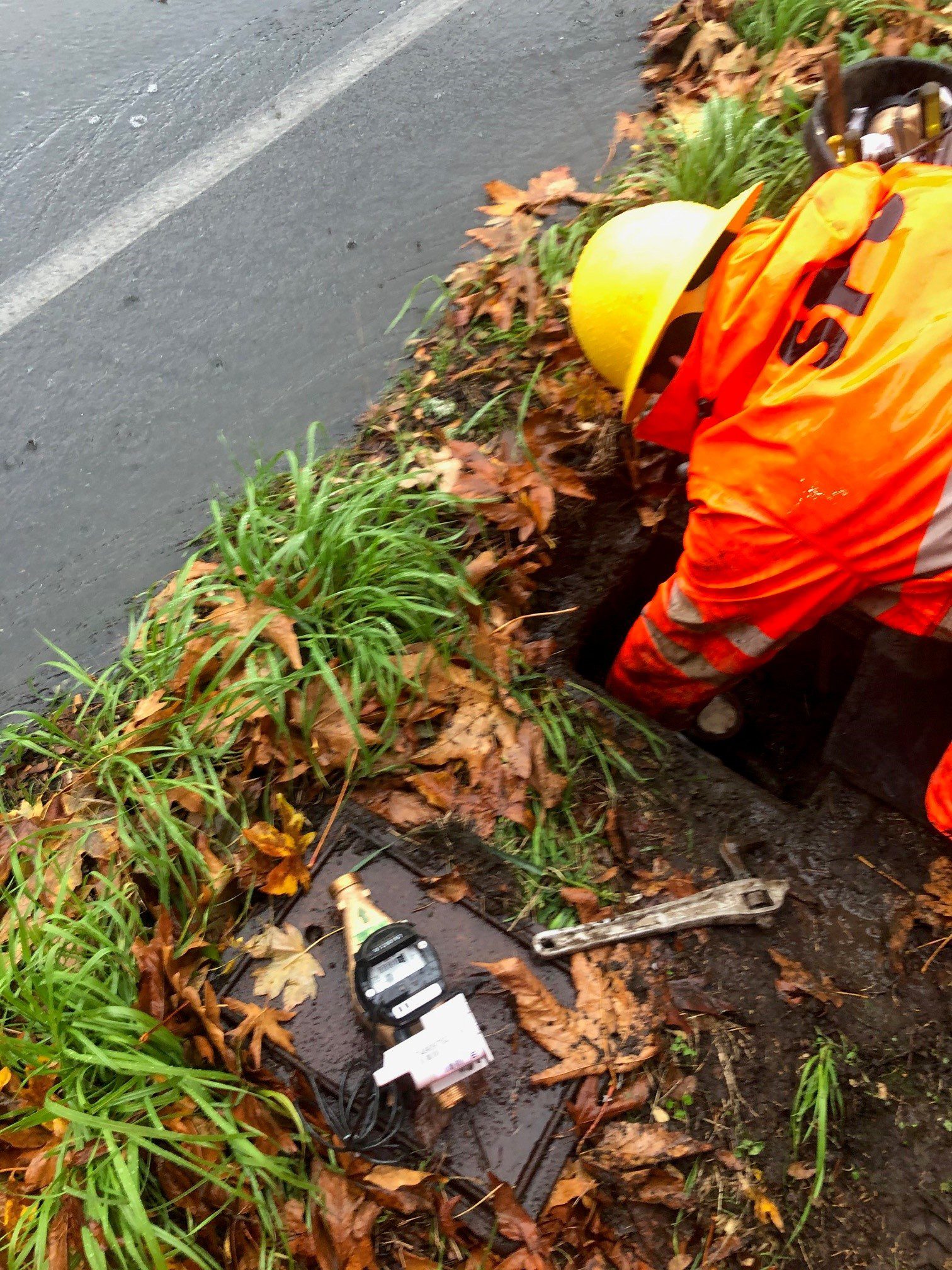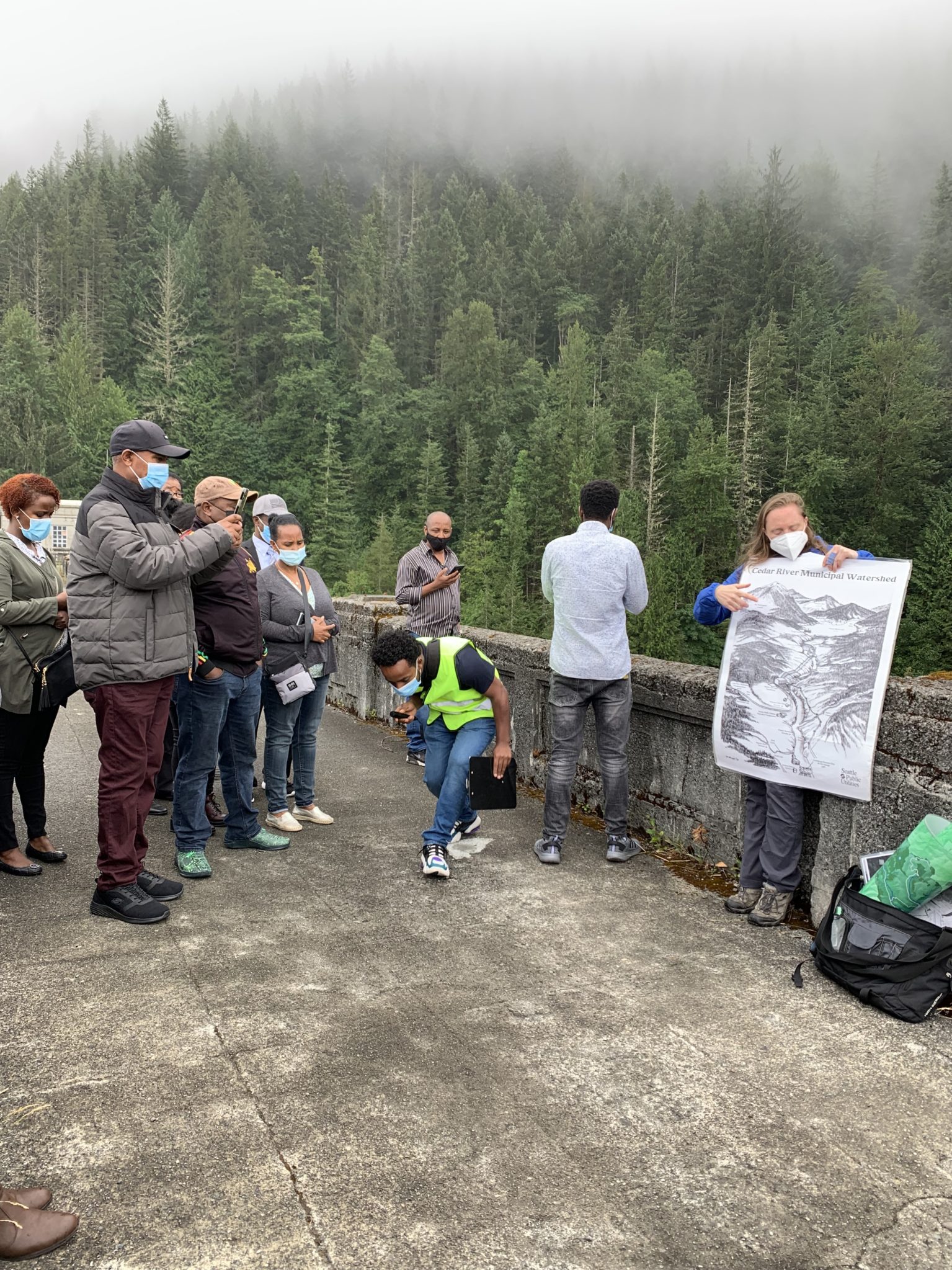
Water is arguably the most vital natural resources on earth. Access to reliable, clean, and safe drinking water is one of the most important facets to a city’s community and one of the key components to consider when planning for future infrastructure. For those living and working in the Seattle area, they enjoy access to some of the highest quality and best tasting water in the nation thanks in part to the expert staff at Seattle Public Utilities (SPU).
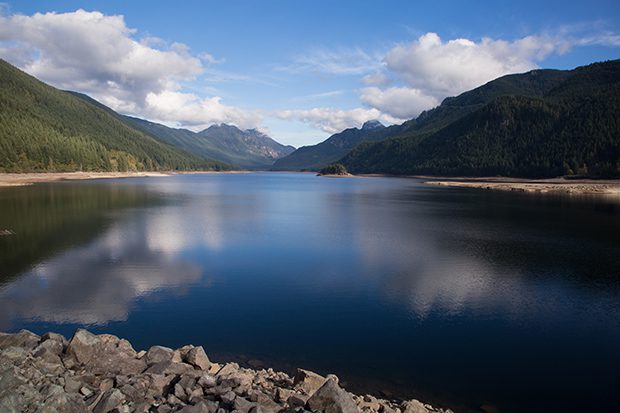
While most may not think about their drinking water and how it comes to their pipes, in Seattle, it all starts high in the Cascade Mountains. And with just the turn of the tap, forest fresh water flows through your faucet.
To help highlight the value of water, SPU is proud to join the many other utilities and organizations across the country in the nationwide campaign, organized by the US Water Alliance, occurring October 21 known as, Imagine A Day Without Water. The campaign is designed to raise awareness and inform the public about the value of water.
Have you ever thought about what goes on behind the scenes at SPU to keep your water flowing? The fact is, SPU’s water experts are working around the clock to ensure you and your neighbors have continued access to this essential resource.
For Senior Water Pipe Worker, Ryan DeSales, in his eight years working with SPU, he’s been able to see first hand the importance of water infrastructure maintenance through his work in the Meter Shop. This work means DeSales and his coworkers can be called to work virtually anywhere throughout the Seattle area as far north as Woodinville and as far south as SeaTac to attend to leaking meters, which tend to be caused due to deterioration and age.
When asked about his work, DeSales commented, “There are many, many hardworking people at this utility that keep it running 24 hours a day. From crews working on neighborhood streets fixing a leaking pipe, to those miles away doing forestry work in the watershed, to those answering the phones and dispatching field crews.”
While a leaking meter or pipe may not sound too alarming, depending on the size and scope of the leak, it could mean countless gallons of water lost. While some water loss is normal, minimizing this loss is critical.
Through his work in the Meter Shop, DeSales focuses on replacing and exchanging everything from small 3/4 inch domestic meters that feed into single family homes to larger 10 to 12 inch diameter purveyor meters that supply whole municipalities and other utilities that purchase water wholesale from SPU.
In addition to this work, this shop also administers a testing program to ensure that purveyor, retail, and even small meters (if needed and by request) are tested for accuracy, again ensuring a reduction in water wasted.
From the meters and pipes that run under your feet and in to your homes, to the running water in the forest, the Cedar River Watershed is the source for so many as it provides the majority of drinking water for Seattle customers.
With a great watershed, comes great responsibility, in the form of educating the public about Seattle water. That’s where Anna Constance comes in. Constance, a Watershed Education Specialist for SPU, ensures that people who visit the Cedar River Water Education Center learn about the history of our water, where it comes from, and what we are doing to protect it and keep it safe.
If you travel not too far from Seattle, about 35 miles east, near North Bend, you’ll find the Cedar River Watershed Education Center located near Rattlesnake Lake Recreation Area. Here you can take a hands on look at different exhibits and activities showcasing our amazing watershed and how it works to provide Seattle with safe, reliable and high-quality drinking water.
In an effort to help educate the public about Seattle’s pristine water, educators like Constance provide group tours taking folks inside this unique forested landscape. The land making up Seattle’s protected watershed is not accessible to the public. To get a closer look at the source of your drinking water, going in with a guide like Constance is the only way to see it (without working there). Through the Cedar River Education Center‘s informative signature tours the public can continue to find out more about the source of their drinking water while learning how they can help protect this natural resource for future generations.
So the next time you turn on the tap, flush a toilet, take a shower, do a load of laundry, or wash your car, imagine a day without water and remember the folks who help to keep that water available and safe. That’s your utility hard at work.
